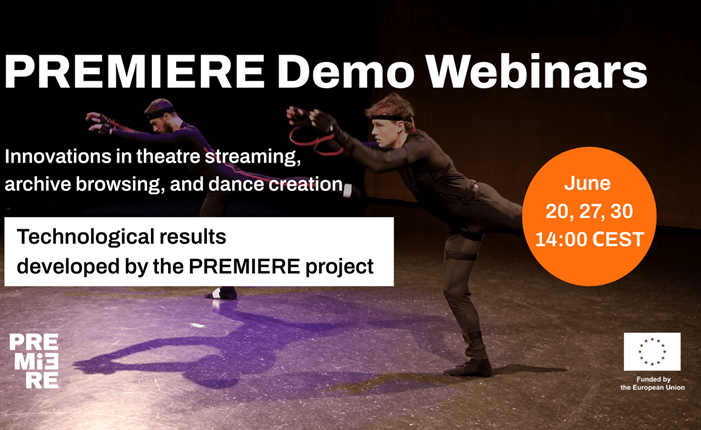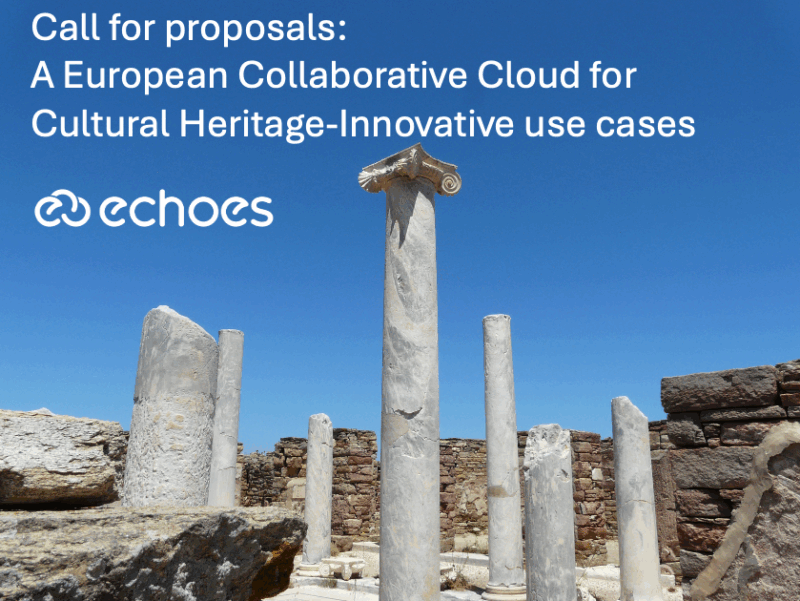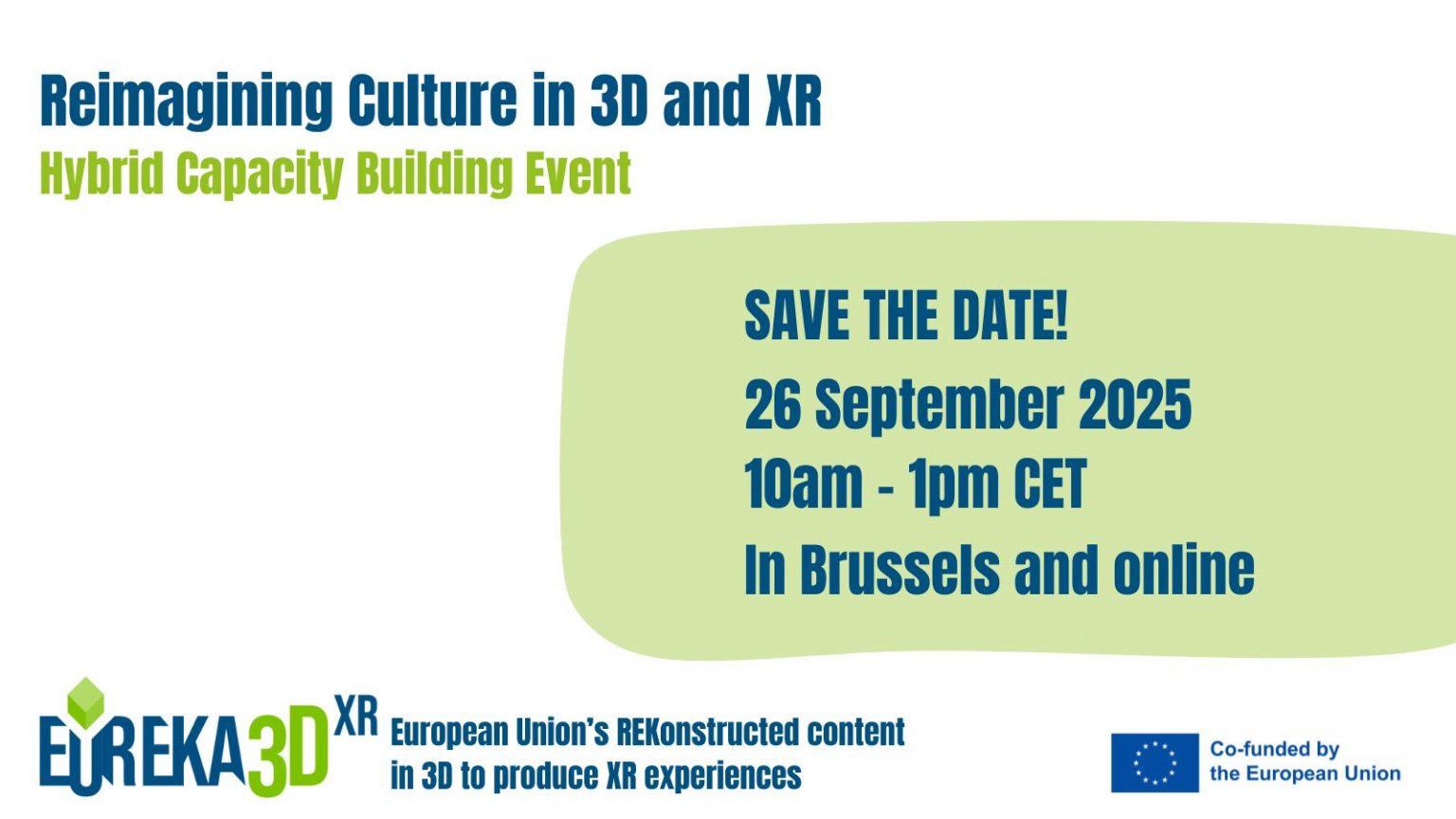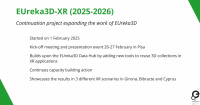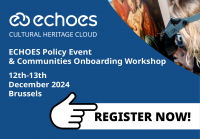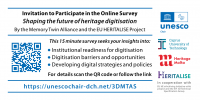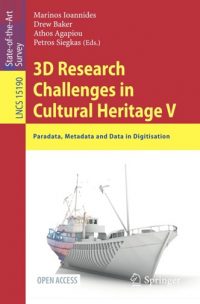Invitation: First meet-up of European GLAM Hackathon organisers in Berlin
Date: 04th of December 2017 from 10 to 15
Venue: Wikimedia Deutschland e.V. Tempelhofer Ufer 23-24 in 10963 Berlin, Germany
Host: the organisers of Coding da Vinci (DDB, digiS and WMDE)
After many years of immense efforts to digitize cultural heritage throughout Europe and make it both visible and accessible it is about time to celebrate the achieved treasures in a Union wide range of events, projects and conferences. The EU commission has thus decided to declare an European Year for Cultural Heritage in 2018. As the European Year for Cultural Heritage emerges it becomes more and more important to show the potentials of big cultural heritage data to science, art and creative industries. Hackathons are events where coders in the time of a weekend gather together to “hack” (= developing code) ideas based on data available.
Coding da Vinci, the art & culture hackathon, was founded 2014 by Deutsche Digitale Bibliothek, Servicestelle Digitalisierung Berlin, Open Knowledge Foundation Deutschland & Wikimedia Deutschland. It provides a wide range of hands on products revealing the potential of cultural heritage in applications ready to use. Since 2014 Coding da Vinci has been held 3 times in Germany. At this point, we would like to share experience with other hackathon organizers and improve our format and for this reason the first meet-up is organized on the 4th December.
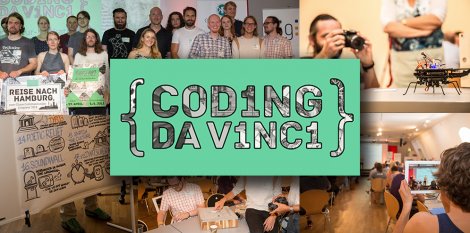
Right now we are running the fourth year of Coding Da Vinci: the Kick-Off is 21st of October and the award ceremony at 2nd of December. It will scale up 2018 by having up to 4 parallel editions, one in Rhein/Main area; in Munich; in Leipzig and one in Hamburg, empowered by the national European Year of Cultural Heritage coordinator “ Deutsche Nationalkomitee für Denkmalschutz ”.
The meet up is organized following the award ceremony of the hackathon (which will take place on 2nd December at the same location).
An idea for 2018
For the coming year we aim together with Europeana to forge a pan European network of existing hackathons focussing on GLAM: The Coding da Vinci for Europe – Network (worktitle). Inviting its members to develop common quality standards and a toolkit to hold hackathons on cultural heritage data enrolling diverse target groups. The goal is to enhance reuse of cultural heritage data both for leisure and for economic purposes. EUROPEANA is already offering big cultural heritage data. But we need to convince more institutions, their stakeholders and the wider audience that the digitized treasures are valuable and searched raw material for science, citizen science, art, creative industries and joyful encounter for everybody by showing them the awesome range of what could be created out of it.
Some information on Coding da Vinci as it differs from regular hackathons:
1. Coding da Vinci focusses on free licensed data from cultural heritage institutions (GLAM)
2. Coding da Vinci fosters the production of open licensed art & culture applications, many of them aiming for youngsters as target group.
3. Coding da Vinci invites GLAM to present their data and challenges to the coders present
4. Coding da Vinci invites coders to develop applications based on the presented data following the convenient challenges. The majority of the 100 – 150 participating coders and designers per event are students occasionally professional developers and minors.
5. Coding da Vinci has a threefold structure starting with a kick-off to form teams and ideas – a sprint to develop ready products such as apps, websites … – and a award ceremony to present the products under open license and assign the prizes to the winning ones
6. Coding da Vinci is performed by a mixed team presenting the GLAM und coding community alike
7. Coding da Vinci is regionalizing its events to foster deeper relation building in between GLAM and coder community in the region
8. Coding da Vinci is providing a presentation of all data (more than 100 datasets within 3 year) and all product-projects (more than 50 projects) on its website .
Please read more in detail on Coding da Vinci: https://codingdavinci.de/about/
Get in touch to join the meet-up:
Barbara Fischer / Kuratorin für Kulturpartnerschaften
via Twitter: @fischerdata
Wikimedia Deutschland e.V. | Tempelhofer Ufer 23-24 | 10963 Berlin
Tel. (030) 219 158 26-(0)44
barbara.fischer @ wikimedia.de


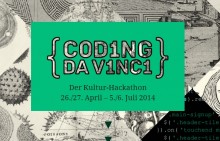
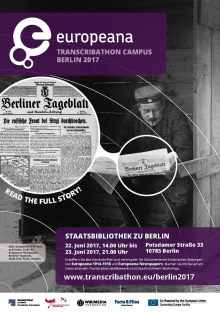
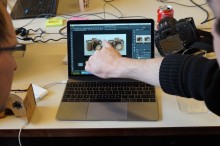
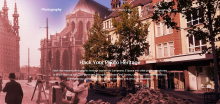
 If you have interesting news and events to point out in the field of digital cultural heritage, we are waiting for your contribution.
If you have interesting news and events to point out in the field of digital cultural heritage, we are waiting for your contribution.
